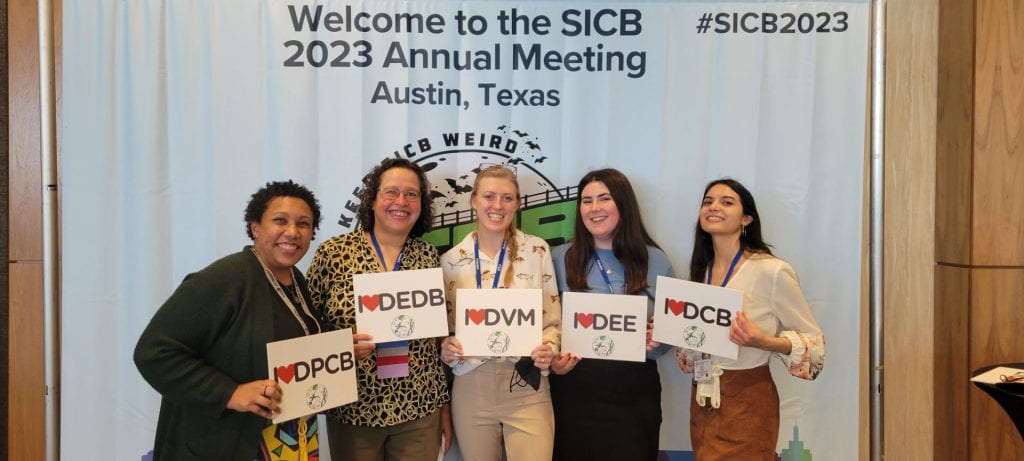The following blog post was written by fellow UHPer and Fall 2022 SURE Award recipient, Gabriel Young (Political Science & International Affairs, ’23). Read on about how Gabriel plans to utilize the SURE Award funding to further expand upon his research experience!
As the second-largest, fastest-growing Asian American group, 4.2 million Philippine Americans’ growing civic engagement derives from issues such as Asian American Hate Crimes, Affirmative-Action disputes, Data Disaggregation, U.S.-Philippine relations, and Ethnic Studies advocacy. Despite unity around these issues, Philippine Americans remain divided among political and partisan issues, such as the 2020 election with Filipino-American groups dividing into the Biden-Harris and Trump-Pence camps. Philippine American immigration patterns also correlates with civil-unrest in the Philippines, such as Marcos’s Dictatorship, Labor-Export policy creating high emigration rates. This immigration factor depicts immigrants’ belief in the “American Dream,” formulating into their political ideology.
As a Philippine American, I struggle advocating and developing policy priorities for my community as there’s lacking data regarding where my community stands ideologically and what policies are prominent. Although grassroot organizations and non-profits seek to serve my community, there’s lacking data there as well. Therefore, I seek to conduct the Policy, Politics, & Puto: Philippine Americans’ Political Identity research study to evaluate and assess Philippine American stances. This research will eventually culminate into my Senior Thesis.
My Research plan is to nationally survey, at a minimum with the opportunity to surpass it, 100 Philippine Americans with half of the respondents between the 18-30 age range and the other half being 36+. This study will be conducted over 1 month and after receiving data, I will analyze the data and conclude findings.
When surveying each group, I will ask identity-based questions asking respondents: where they’re located (West or East Coast & city and state), what immigration generation they identify as (i.e. First-Generation or Second-Generation), their party affiliation (i.e. Democrat, Republican, Independent), and from a scale of 1-5 how impactful their identity has been in developing their political beliefs.
After gathering identity data, I will ask stances on political issues that’ll assess where respondents lie on the political spectrum and the correlation presented. Example topics will ask stances on the Marcos Regime, the Duterte Administration, social media’s impact on politics, immigration, gun rights, abortion, affirmative action, police brutality, political violence, and social welfare. Questions would be on sliding scales. Expected outcomes are to be how Philippine American Identity, policies, and generation formulates Philippine American political ideology
With the SURE award, I worked with non-profits and community organizations such as the National Federation of Filipino American Associations (NaFFAA), LEAD Filipino, the UC Davis Bulosan Center, and other organizers to create a research survey that’ll be launched in February 2023. The SURE award allows me to incentivize survey-takers and focus group interviewees by providing them compensation for their time. Additionally, the award allowed me to receive more funding and conduct further steps in polling more participants..
Through the SURE award and my current research, I’ve learned that Philippine Americans’ civic engagement is diverse, yet contributes to the rising movement of Asian American civic engagement. My senior thesis will outstandingly contribute to understanding Philippine Americans’ political stances. I plan to contribute my project and Senior Thesis to develop outreach, research, and policy advocacy strategies that’ll provide academics and professionals data to shape policy.
Interested in applying for your own SURE Award funding? Find out more about the application process here!


